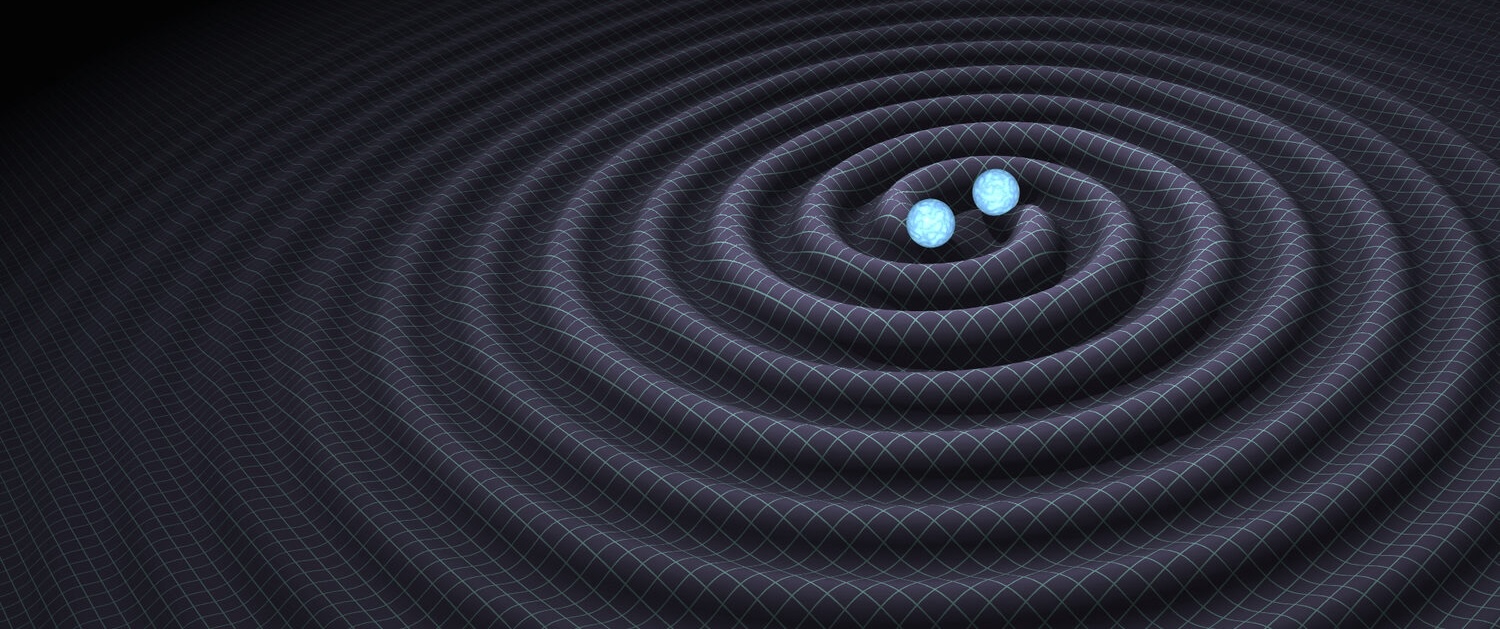LIGO Scientific Collaboration
The LIGO Scientific Collaboration (LSC) is a self-governing collaboration focused on detecting gravitational waves, using them to explore the fundamental physics of gravity, and developing gravitational wave observations as a tool of astronomical discovery. The LIGO Scientific Collaboration was founded in 1997 and currently has over 800 members from over 60 institutions worldwide.
The LSC is an open collaboration. Anyone who is interested in contributing to the mission of LIGO may apply to join the LSC. Groups joining the LSC are welcome to participate in all LSC activities. As members of the LSC, groups have access to the LIGO data for scientific purposes, can participate in collaboration meetings and working group meetings, can represent the LSC at external scientific meetings and to the public, and have representation on the LSC Council, the governing body of the collaboration. Members that contribute to the LSC mission at a defined level (50% of available research time) are eligible for authorship on all collaboration papers.
LSC groups are expected to participate in science runs by providing scientific staff at the Hanford and Livingston Observatories to oversee the operation of the interferometers. In addition, groups prepare and sign Memoranda of Understanding (MOU) with the LIGO Lab and the LSC outlining the group’s role in the LSC as well as specific research plans for the coming year. MOUs and plans are reviewed every year. LSC group members are expected to submit publications and talks on LSC-related work for an internal review before submitting them to journals or conferences.
Groups or individuals interested in joining the LSC should contact the LSC Spokesperson to discuss their interests and possible membership. Groups applying to the LSC are expected to attend a collaboration meeting to present their plans for working with LIGO. The LSC Council approves new groups with a 2/3 majority vote.

